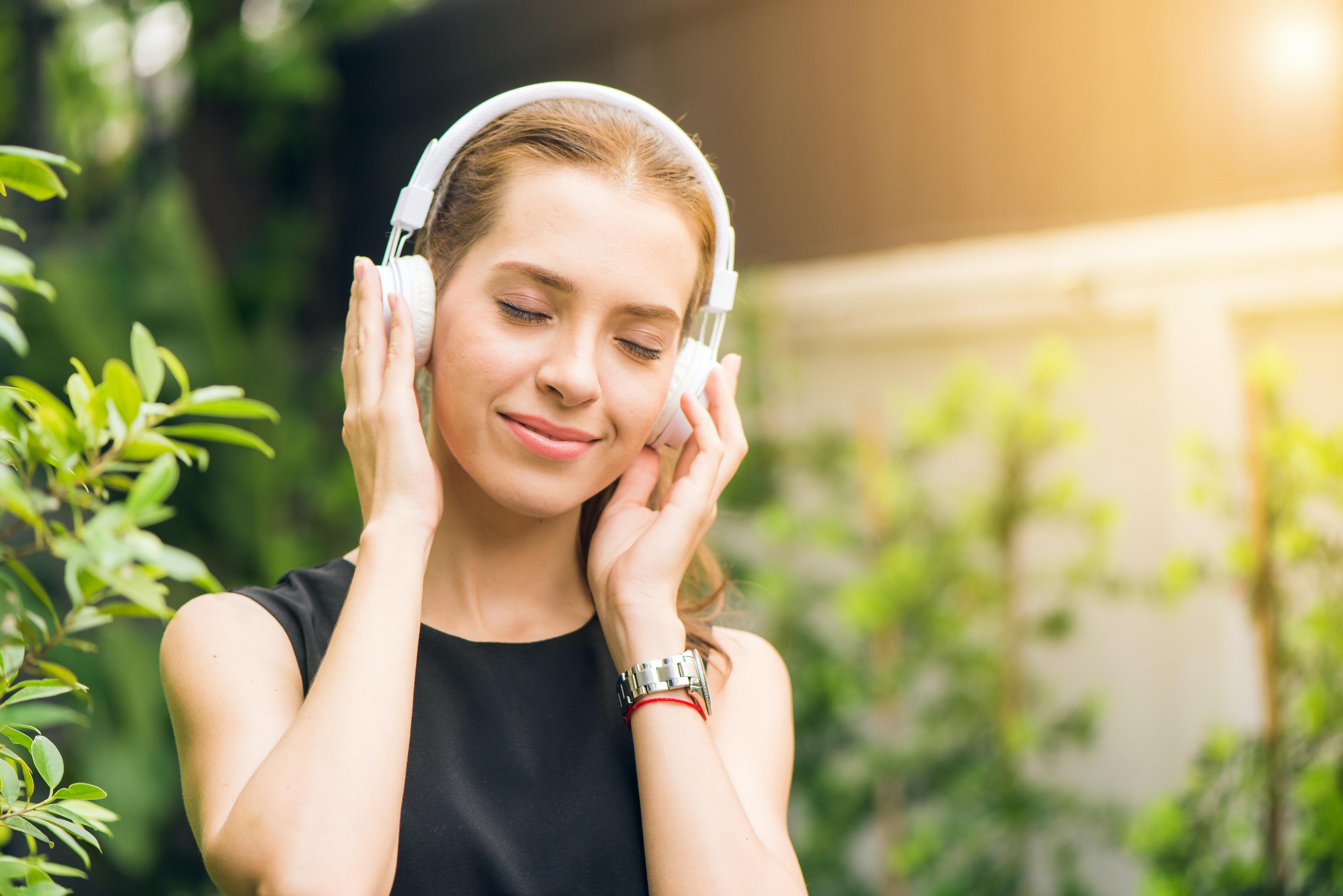Neuroscience and sound: delve into the neuroscience behind how your brain interprets sound
This Pod will meet once per week for 6 weeks, starting on February 18, 2024 at 7:00pm EST/4:00pm PST, with the last session being Sunday March 24, 2024.
By enrolling you confirm this time works for you.
Date and time
Sunday, 7:00pm EST/4:00pm PST
Group size
1-6 students
Outcome
A published article in a pre-print research archive + video presentation of the research
Tuition
$495

TAUGHT BY
Rahul
PhD in Neuroscience

Sign up to be the first to know when we launch new Pods.

Neuroscience and sound: delve into the neuroscience behind how your brain interprets sound
The brain is incredible and complex and the source of much scientific research around the world. In this pod, you’ll focus on how our brains allow us to take unassuming sound waves and enable us to enjoy music, learn a new language, or recognize danger. Through this fascinating process, students will learn about the research process, the brain regions, how the brain regions cooperate to interpret sensory information, and how those individual actions culminate into the actions we take every day but may take for granted.
ABOUT THE MENTOR
Rahul
PhD in Neuroscience
Rahul Patel - I completed my BA at Rutgers, The State University in New Brunswick, New Jersey studying Cell Biology and Neuroscience. Throughout my career, I have accumulated diverse basic science training, ranging from molecular to behavioral neuroscience, in academia and experience as a volunteer in clinical and teaching settings. Additionally, I recently completed a public education internship at the Society for Neuroscience where I was involved in an array of science outreach, writing, and advocacy activities. I then completed my PhD in Neuroscience at UNC-Chapel Hill. My thesis combined engineering, neuroscience, and machine learning. This interdisciplinary approach aimed to develop technologies to evaluate pain in animals in order to better inform the development of new, non-addictive pain medications. Outside of research and mentoring, I am very passionate about travel and food!

Neuroscience and sound: delve into the neuroscience behind how your brain interprets sound
Week by week curriculum
Week 1
Introduction to Neuroscience - In this first session, we'll have a general introduction to neuroanatomy (CNS and PNS), how information moves through the nervous system. This will include anatomical locations and broad introductions to the functions of each system and a discussion of synapses.
Week 2
Introduction to the Ear - In session 2, we'll take a deeper dive into neural sound processing units (ear, the anatomy of the ear, and how sound is received).
Week 3
How does the ear communicate with the Brain? - In session 3, we'll have an introduction to how the brain processes sound waves from the ear in the brain. We’ll cover the brain areas that convey auditory information and how they interface with the ear.
Week 4
Neuroscience of Learning: Neuroplasticity - For session 4, we'll combine the information from weeks 1 to 3 into a bundle to discuss learning and playing music with a case study of Rahul leading an example on neuroplasticity. In this case study we will discuss how learning is partially achieved through a process called neuroplasticity.
Week 5
Neuroscience of Learning: Memory - Session 5 will be an introduction to memory and how we are able to learn from sensory information (i.e. sound, taste, touch, etc.) to acquire new skills. A case study of how sensory processing, neuroplasticity, and distinct neuroanatomical regions work together to give rise to memory.
Week 6
Wrap-up and Presentations - In our final session, we'll wrap-up everything that we have learned, how the whole structure of the brain is built to allow individual regions to carry out their function in combination with others to create the world we experience. We will also go through presentations and offer feedback to our classmates/peers.